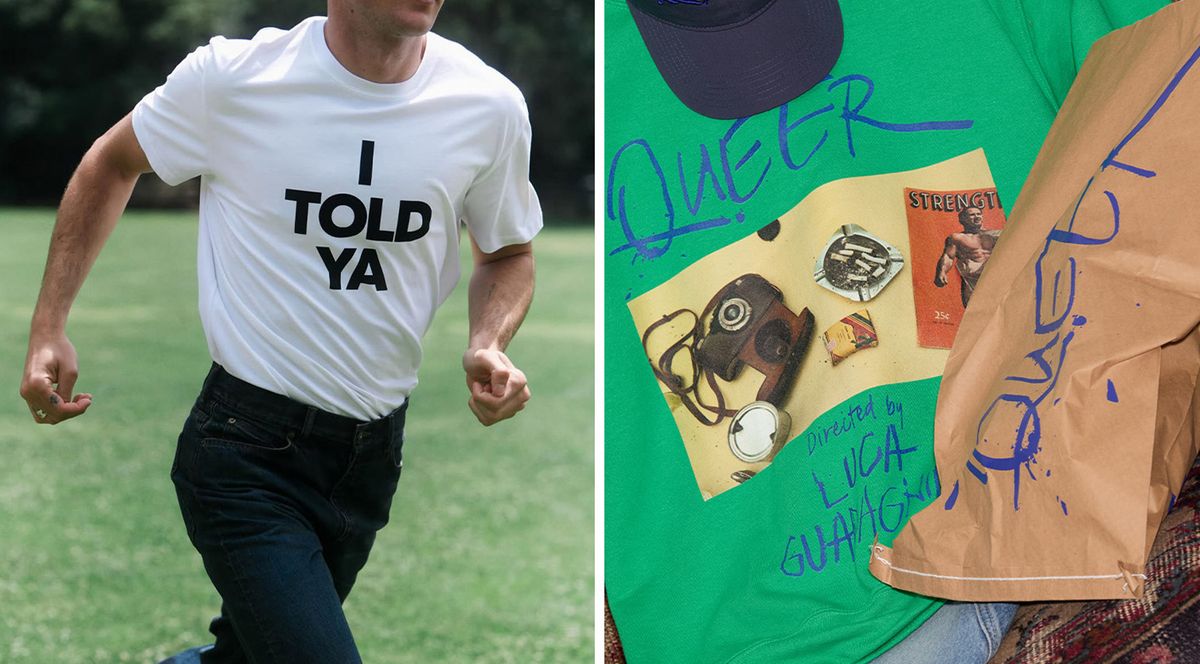World
It’s a new world for college sports, but schools like South Alabama could see little change

MOBILE, Ala. (WALA) – It could be the biggest change in college athletics since the NCAA was founded more than a century ago.
But while the nearly $2.8 billion settlement of an antitrust lawsuit promises to force profound changes for the biggest conferences and programs, the impact at places like the University of South Alabama likely will be more subdued, according to experts.
“We’ve had some broad strokes and general guidance from the Sun Belt Conference,” said Joel Erdmann, the university’s athletic director.
A federal judge still must approve the settlement between plaintiffs and the NCAA and five richest conferences. But it would open the door to athletes getting paid directly by their universities as early as fall 2025, and not just from side endorsements as they have been in recent years.
Erdmann added that the university has a “ballpark” estimate of how much less it can expect to receive from the NCAA as more money gets diverted to athletes. He said it is too early to say whether South Alabama players can expect to be paid and if so, how much.
Also to be determined are questions like whether federal law would require male and female athletes to be paid equally.
Still, experts who study sports finances agreed that college sports will look significantly different.
“It’s a huge impact in that it completely changes how we do college athletics,” said David Berri, an economics professor at Southern Utah University. “So in that sense, it’s this is a landmark week. The idea that colleges are now going to directly compensate the athletes – that changes the way they’ve been doing it for well over a century. They have not yet acknowledged that their employees, but I think this pretty much makes it clear they’re employees.”
Kadie Otto, a sport management professor at Western Carolina University, pointed to reports that the settlement will work out to roughly $20 million for each of the major universities to distribute to players as they see fit.
“They’re finally, you know, using the word ‘pay,’” she said. “And the $20 million allotment is going to be viewed as a pay pool. So that’s a positive. I’m really happy. Quite frankly, I couldn’t be happier for the athletes.”
But Otto predicted it will not mark the end of the legal wrangling. She said that $20 million still represents a cap that suppresses the true value athletes produce. She noted some athletes signed extraordinarily lucrative endorsement deals, know as “name, image and likeness” agreements.
“What it really truly did is it revealed their true market value,” she said. “And their market value, for some of these guys, is $3 and $4 million.”
While the impact for the athletes might be large, Berri said it will not be for the people watching at home and in the stadiums.
“It is not a big deal from the fan perspective,” he told FOX10 News. “It’s not going to change the fan experience. The players are still going to play. The games are still going to be held. They’re still going to be just as much fun as they were before.”
Otto said players from schools like the University of South Alabama might not see much of a change, either.
“If you’re in a market like say, the Sunbelt or some of these smaller conferences and you’re not generating a profit, then you truly don’t have money to be paying these athletes, in which case, the scholarship and then maybe an additional stipend is actually quite a good deal for them,” she said.
Murphy High School football coach Justin Hannah played at one of those smaller schools, Tuskegee University, and then went on to a professional career in the Canadian Football and Arena leagues. He said he is happy college athletes will be able share in the revenue they create.
“I think it’s a significant impact on the college level. … “The compensation is very much so needed, or appreciated, as a former college player,” he said. “And even as a professional football player.”
But Hannah said he hopes it doesn’t change the way high school students approach the game.
“Unfortunately, from a high school level, I think it would – I think it would kind of deter the game of football,” he said. “I don’t believe kids should play for money. I think high school is a place where education should be developed.”
Berri said he does not believe the new rules would lead to the elimination of lower-revenue sports. He said universities have plenty of money from their general revenue to support sports. But he said it could reduce depth at the highest levels, as talented athletes decide they would rather make starting money at smaller school and backup pay at the bigger ones.
Berri said one other group likely will be negatively impacted – coaches. He predicted staffs will be smaller and coaches will earn less.
“You will not pay the coaches as much because you’re gonna want to pay the athletes,” he said. “You’re gonna be competing for athletes now. You’re gonna have to pay them.”
Copyright 2024 WALA. All rights reserved.










